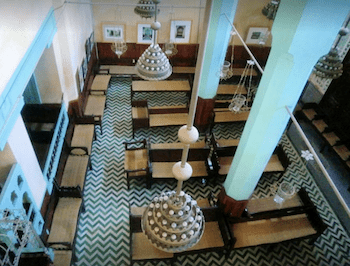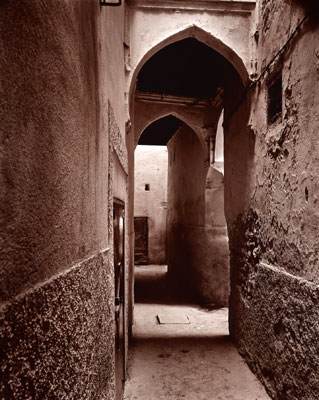Morocco Jewish Trips, Remarkable Places and Historical Sites
September 12th, 2019
Morocco is steeped in Jewish Heritage and Culture. The country has a remarkable history of Jewish life that sets it apart from other Muslim nations. If you are Jewish and interested in touring Morocco you are guaranteed to discover ancient traditions and old-world customs that have permeated Moroccan Jewish society…



